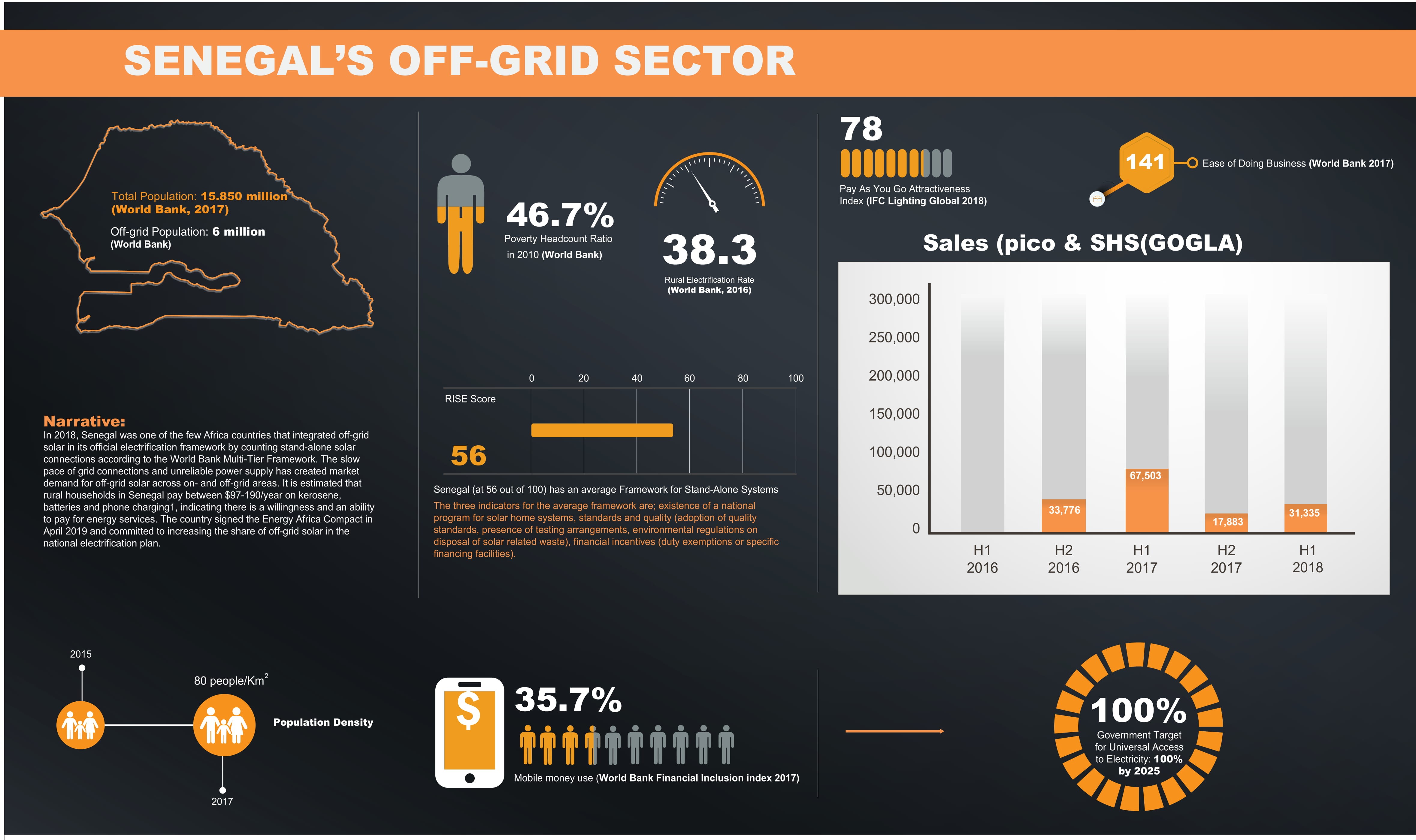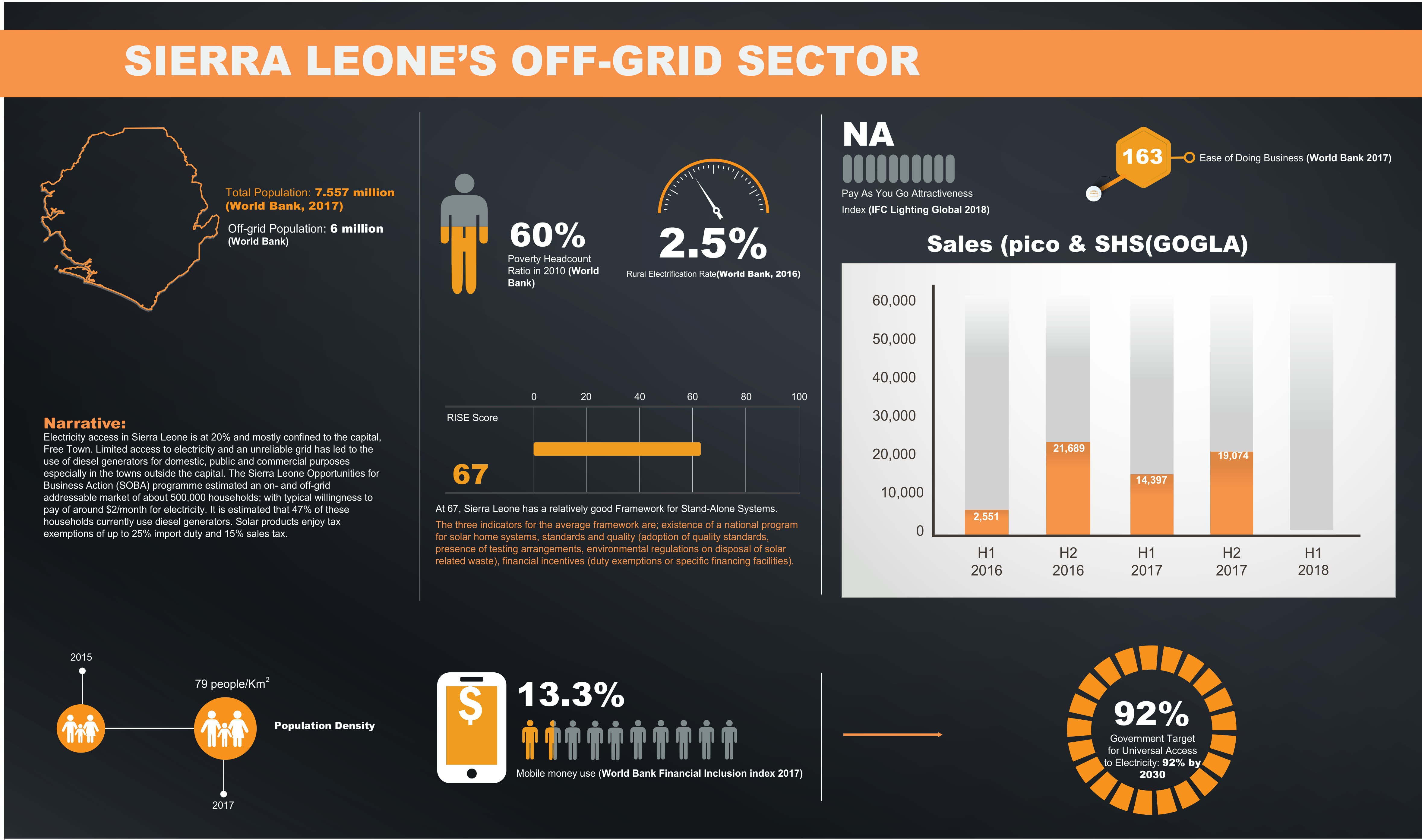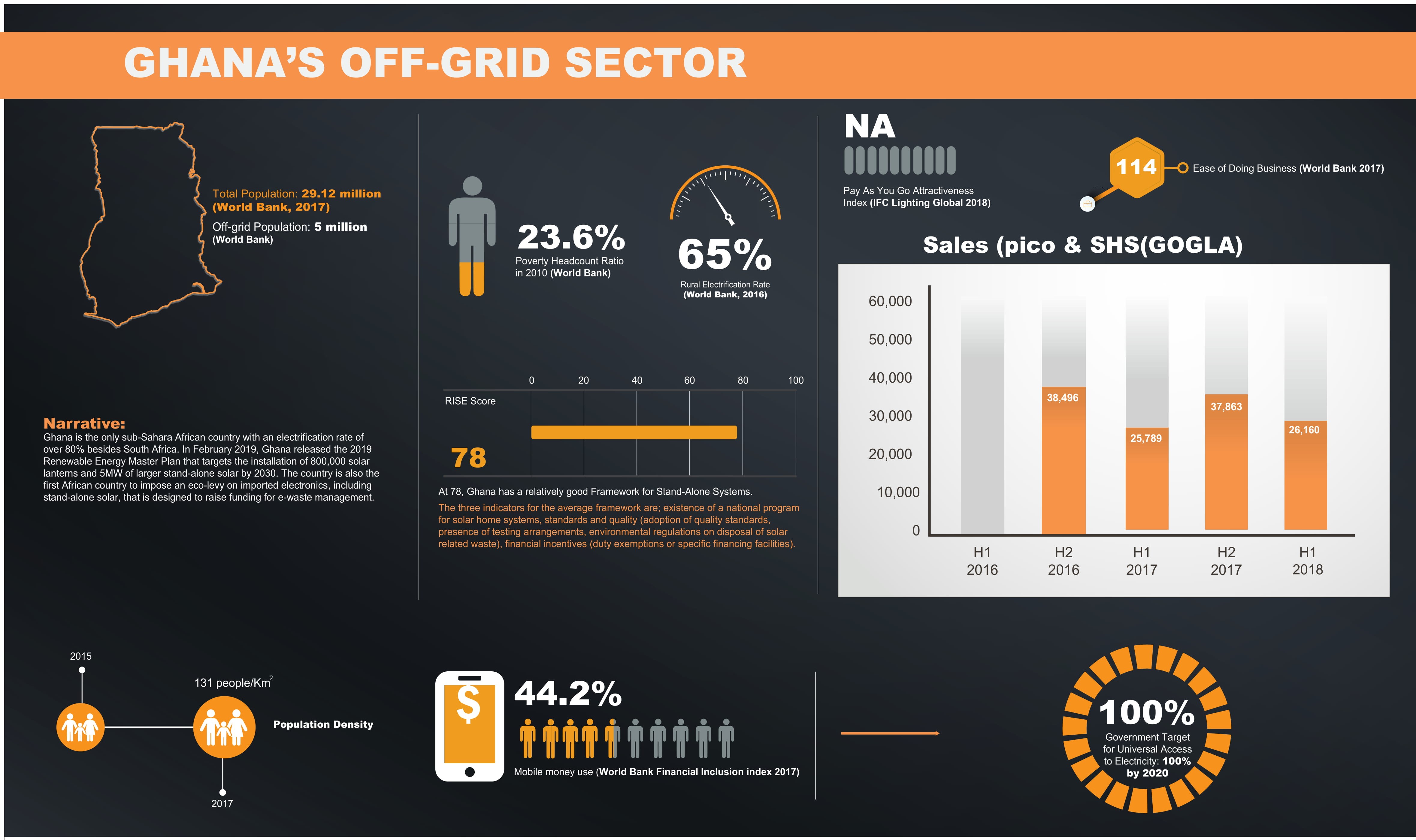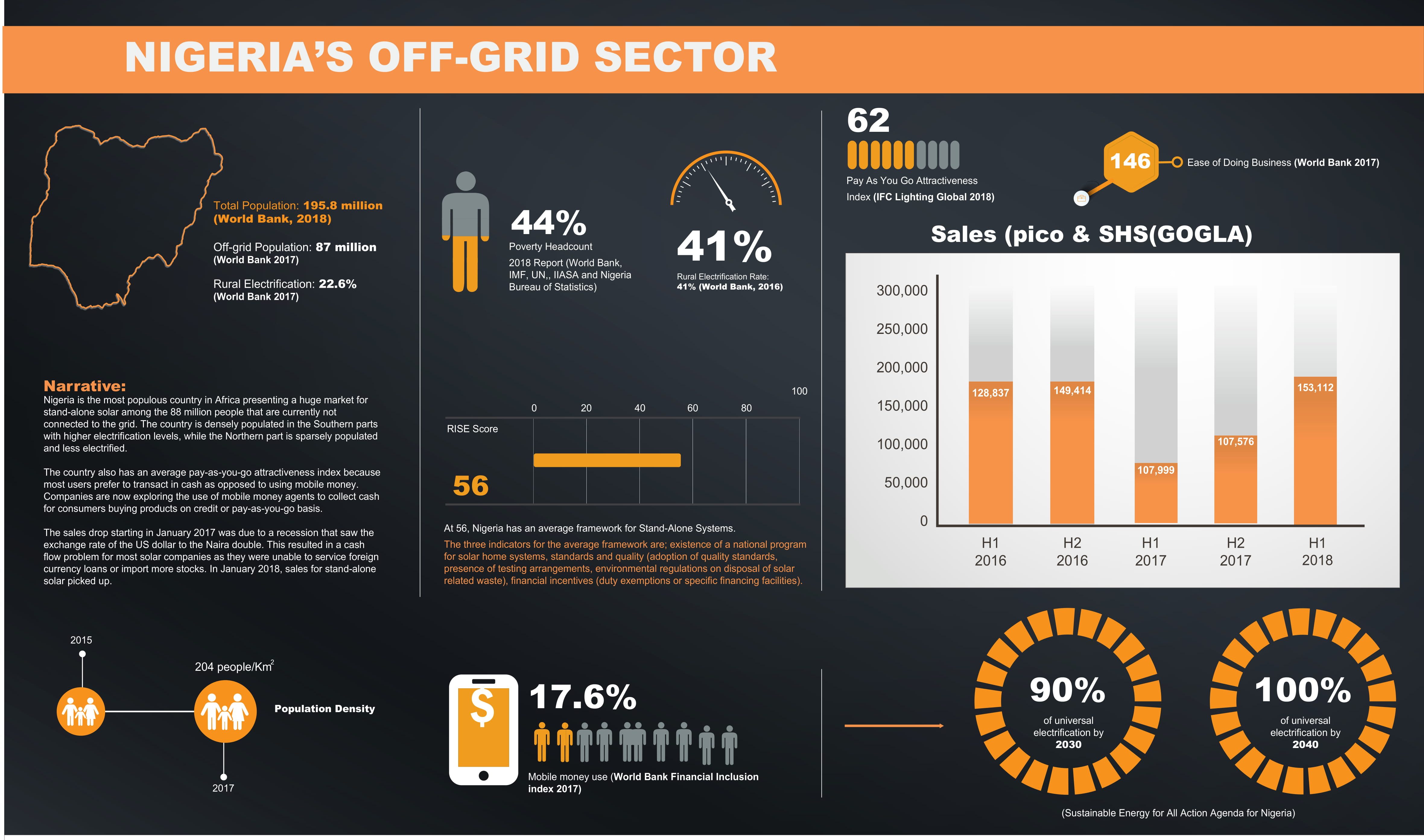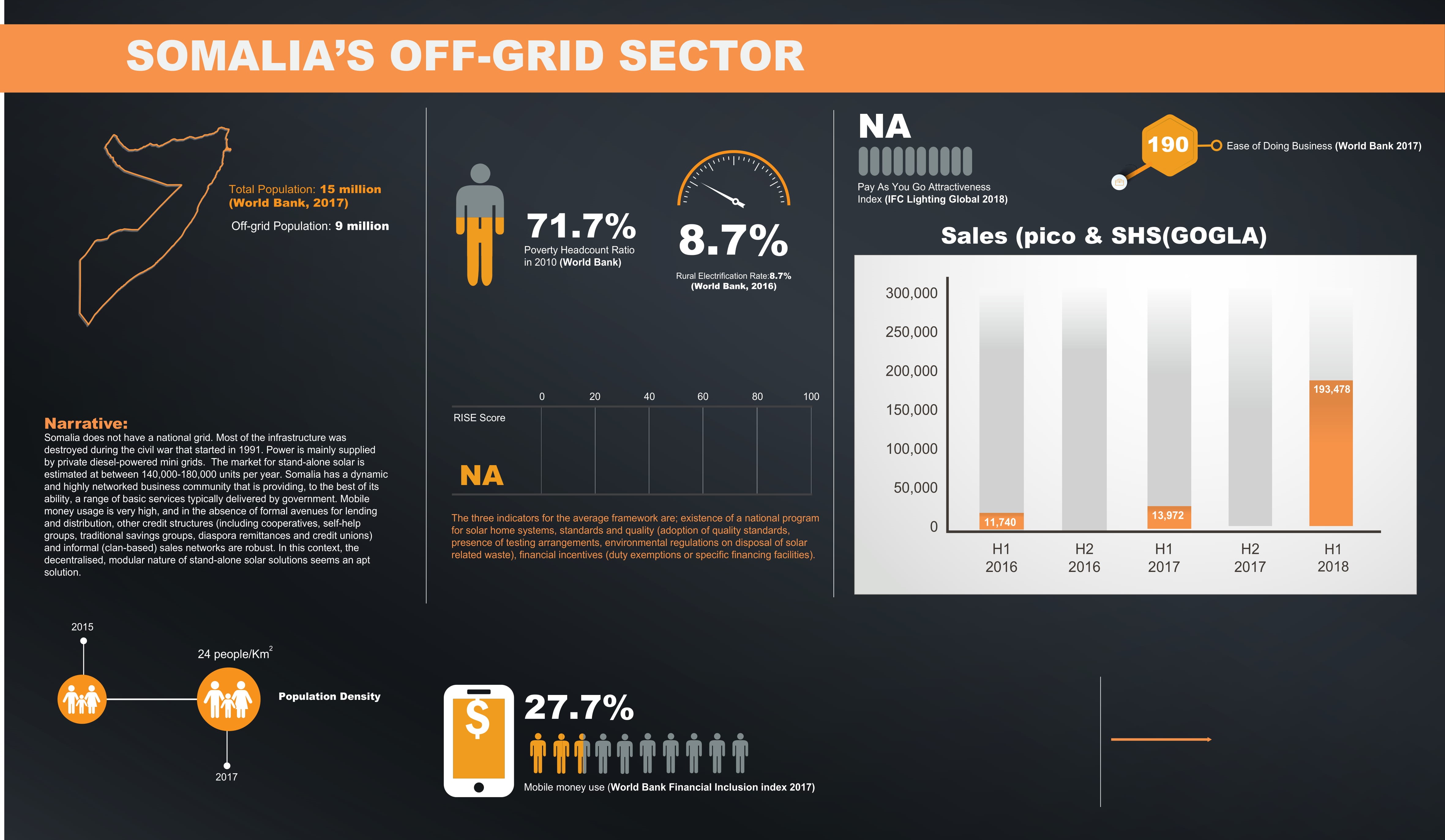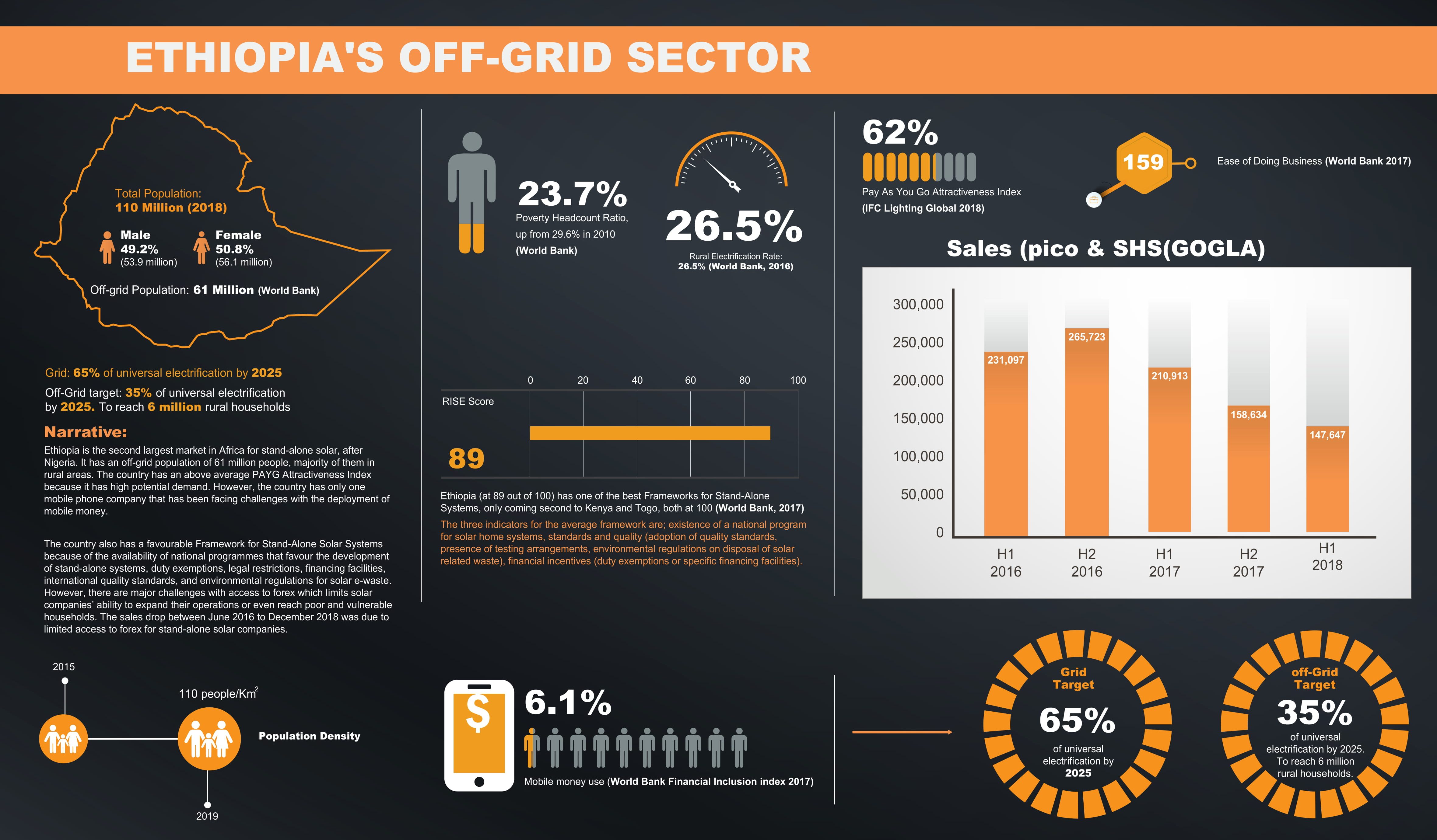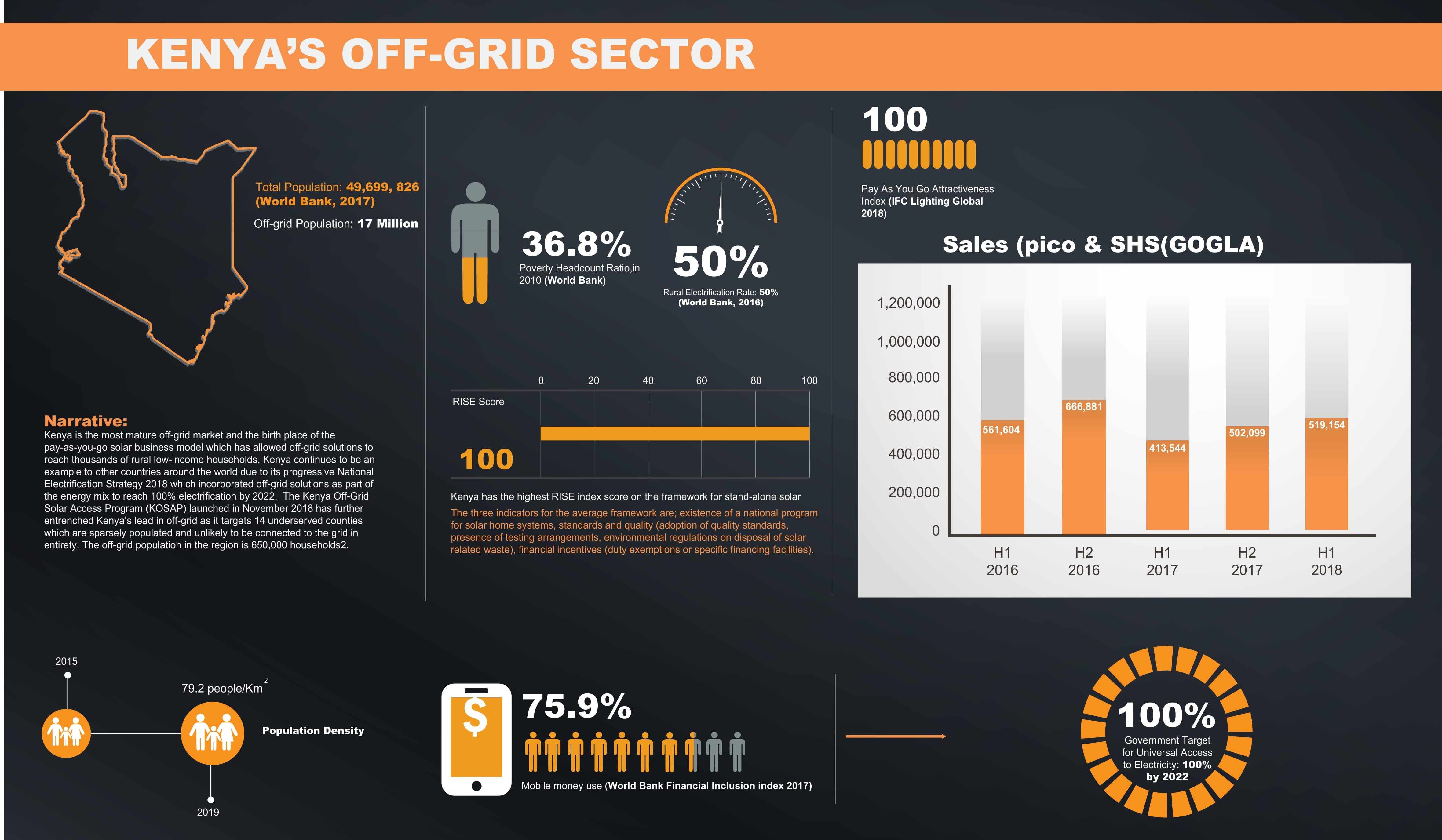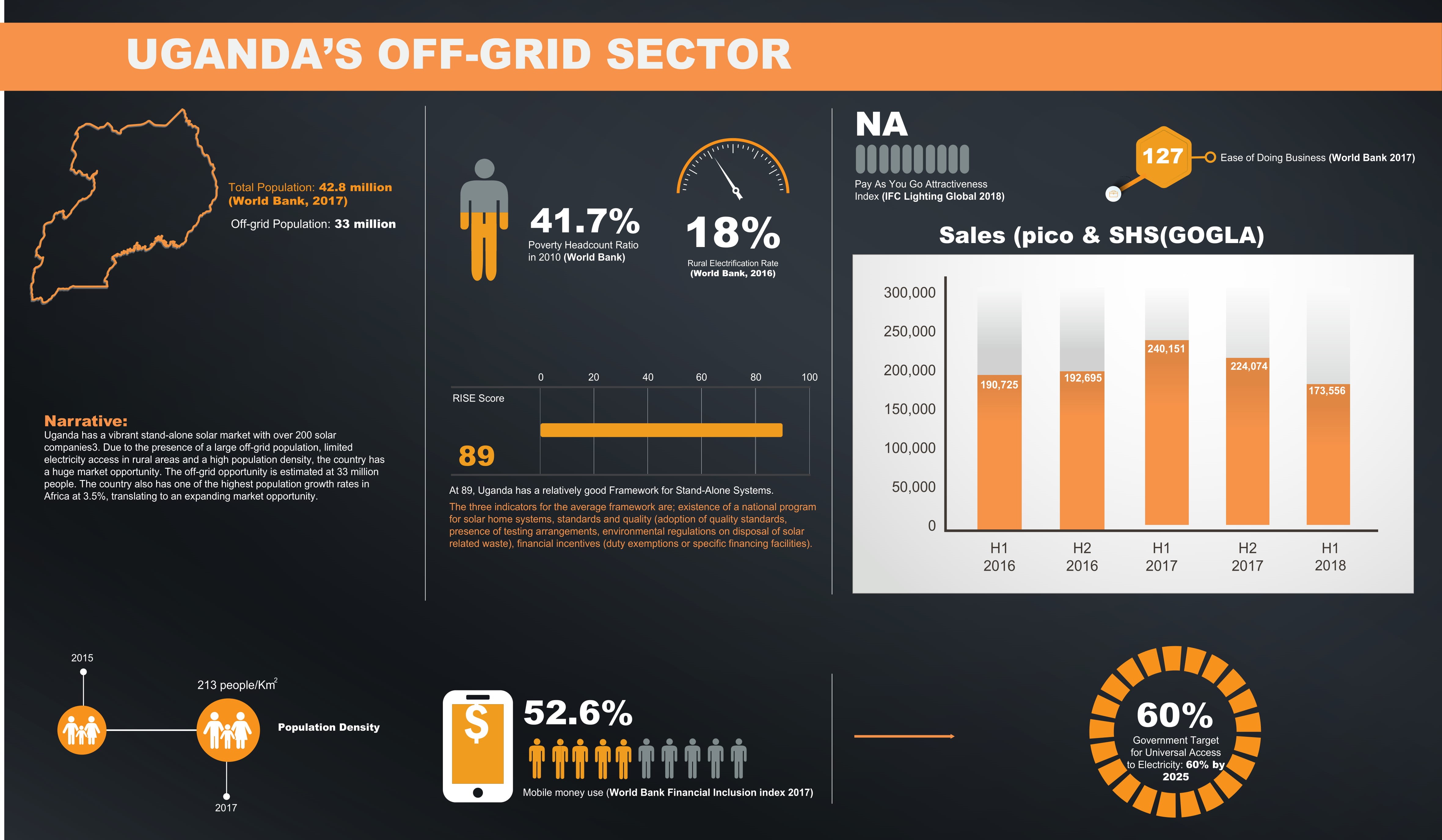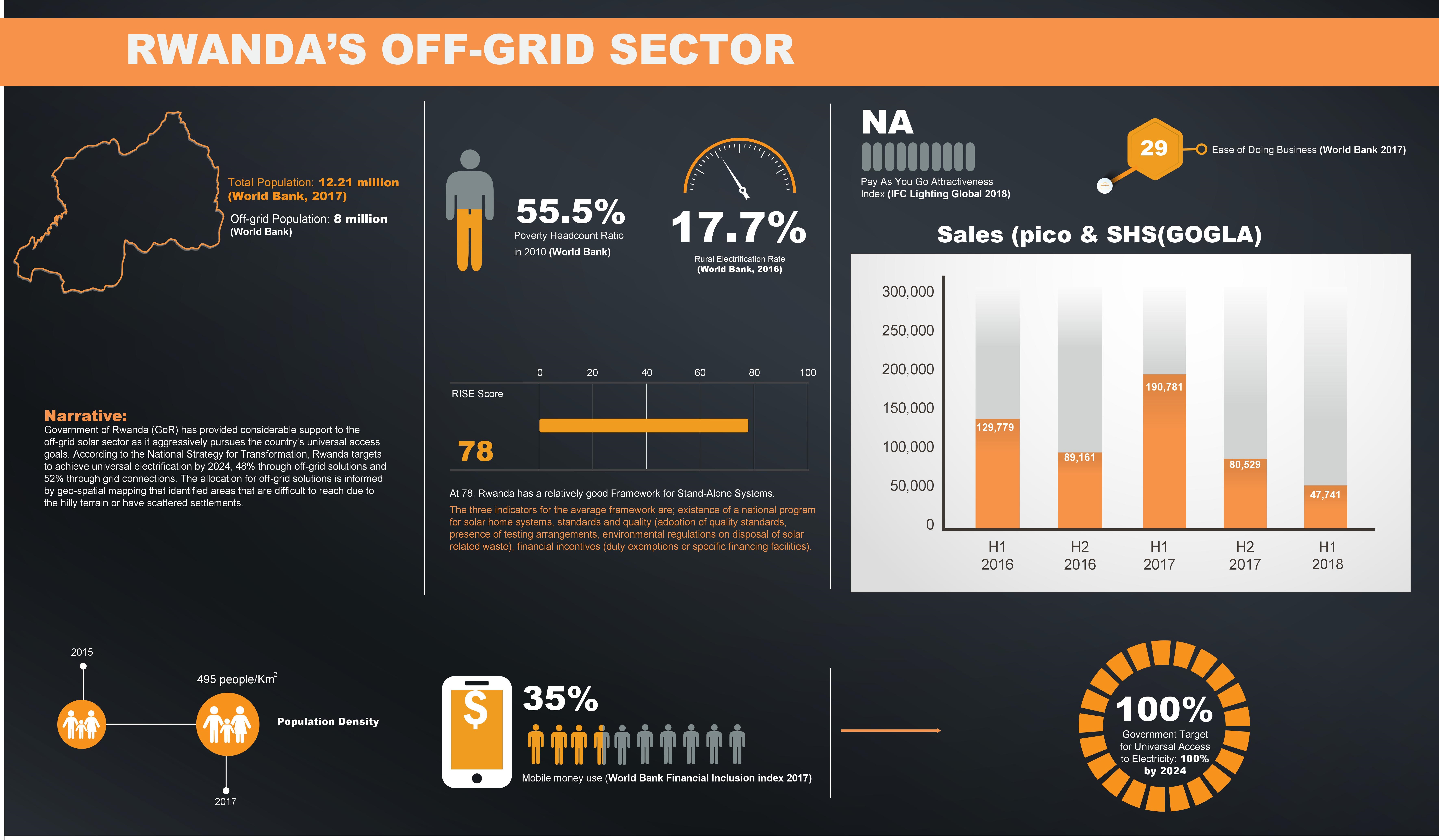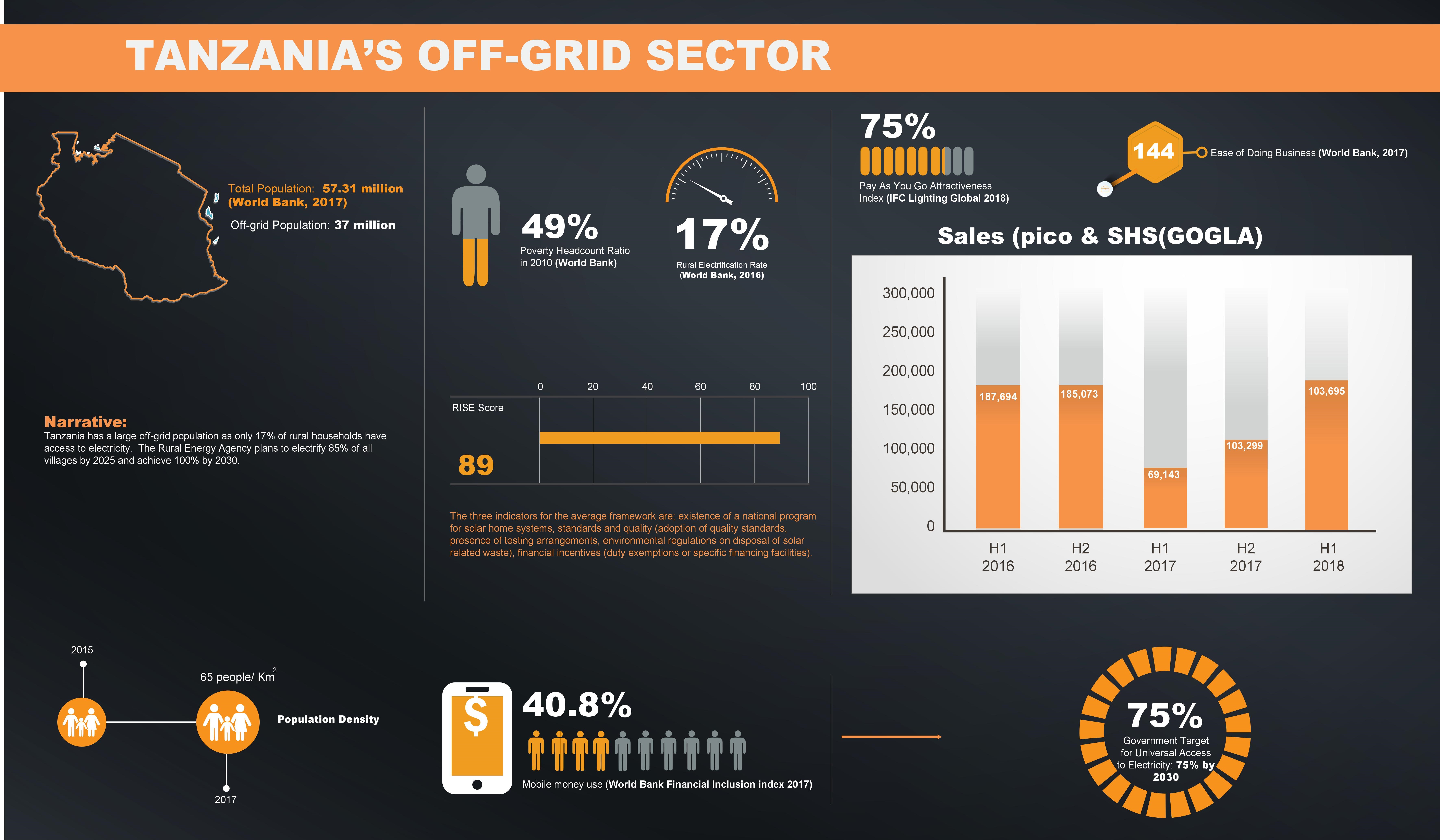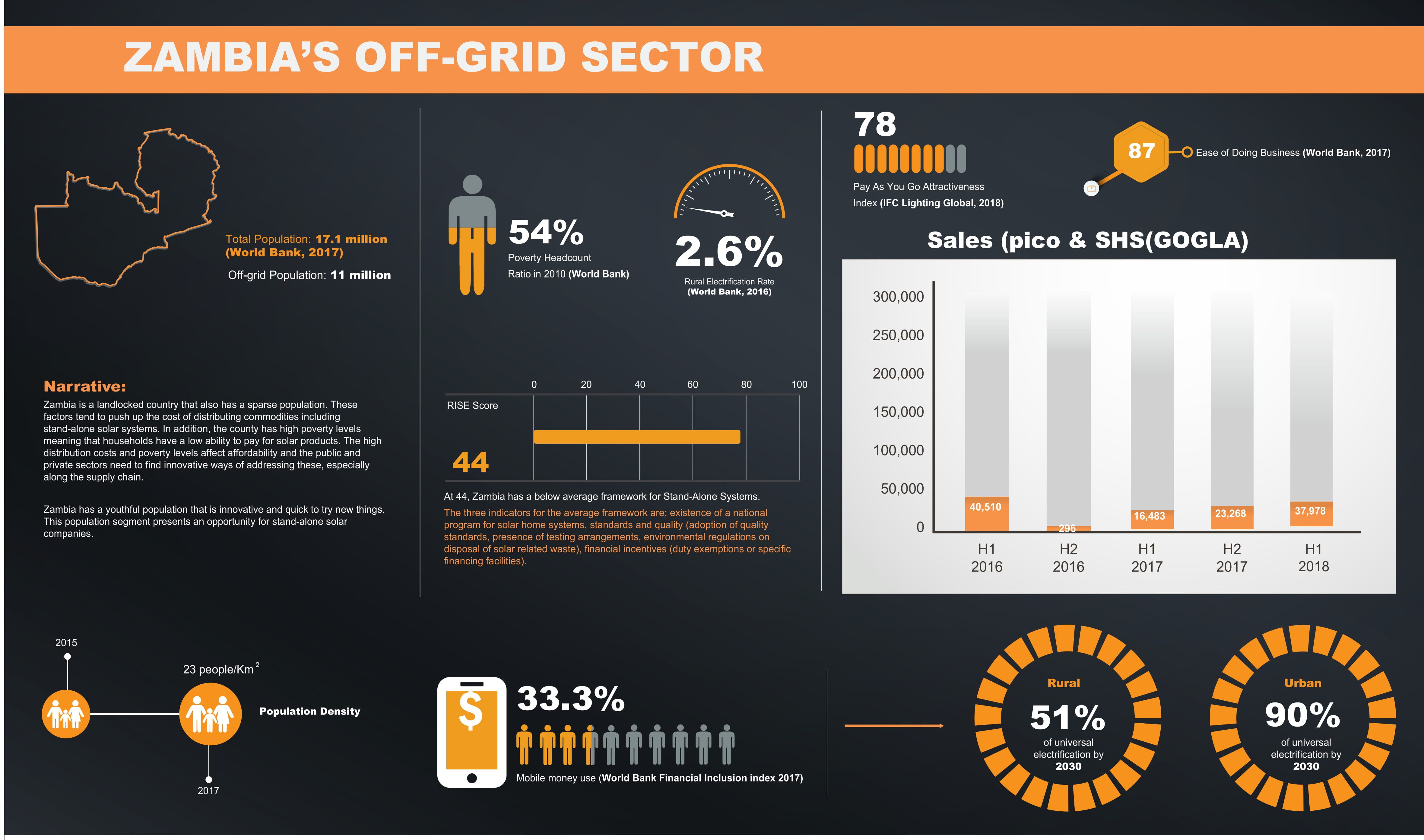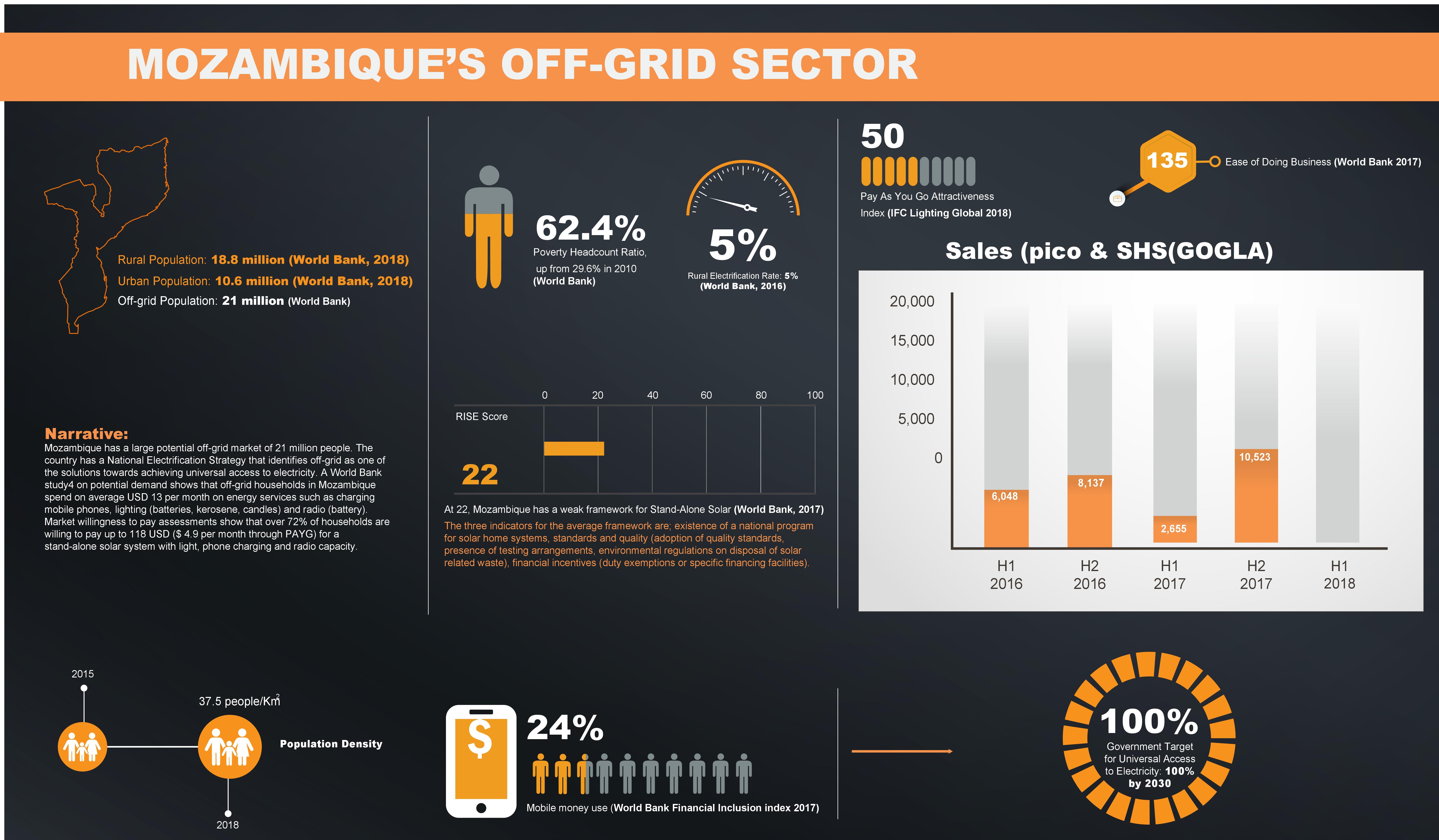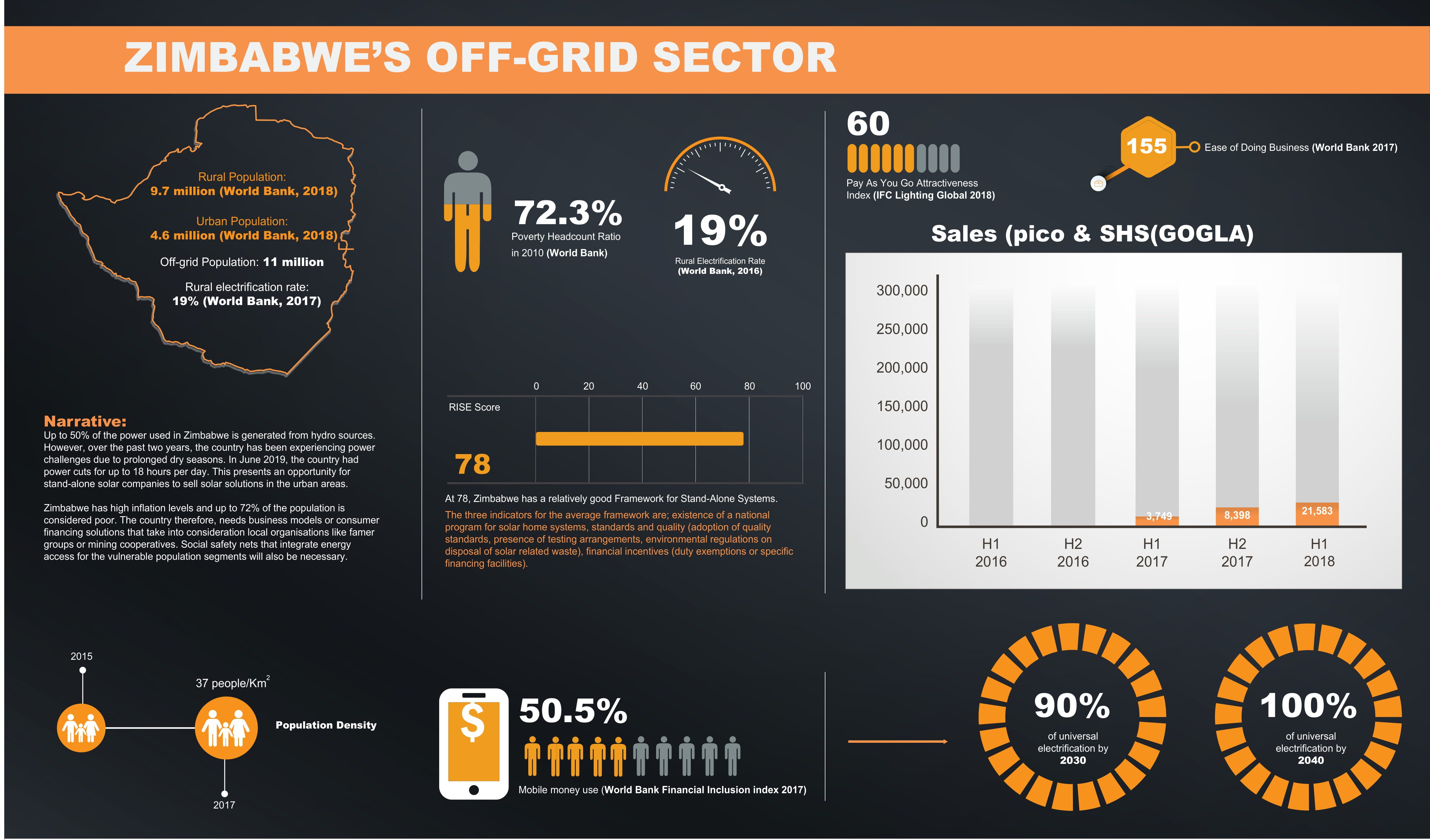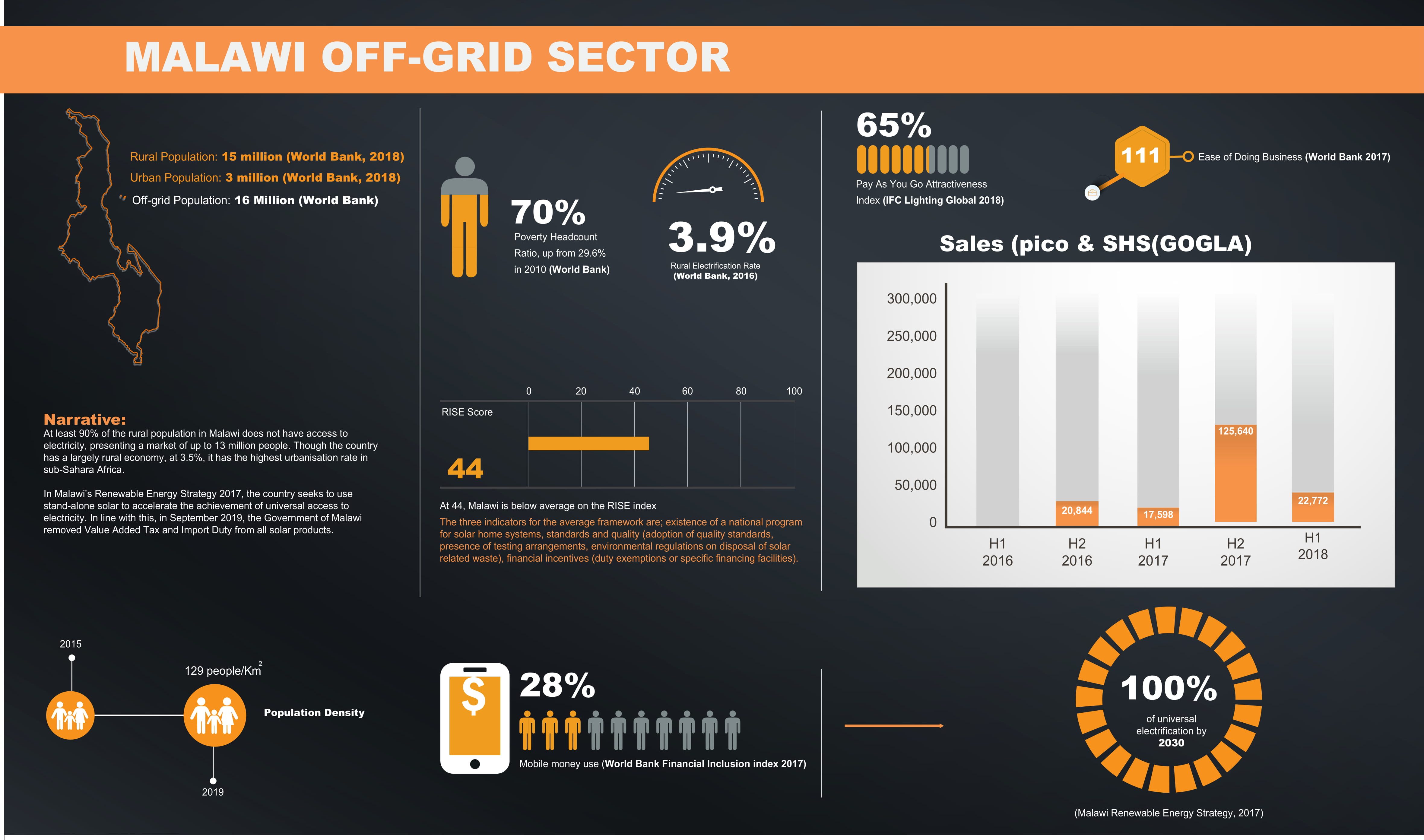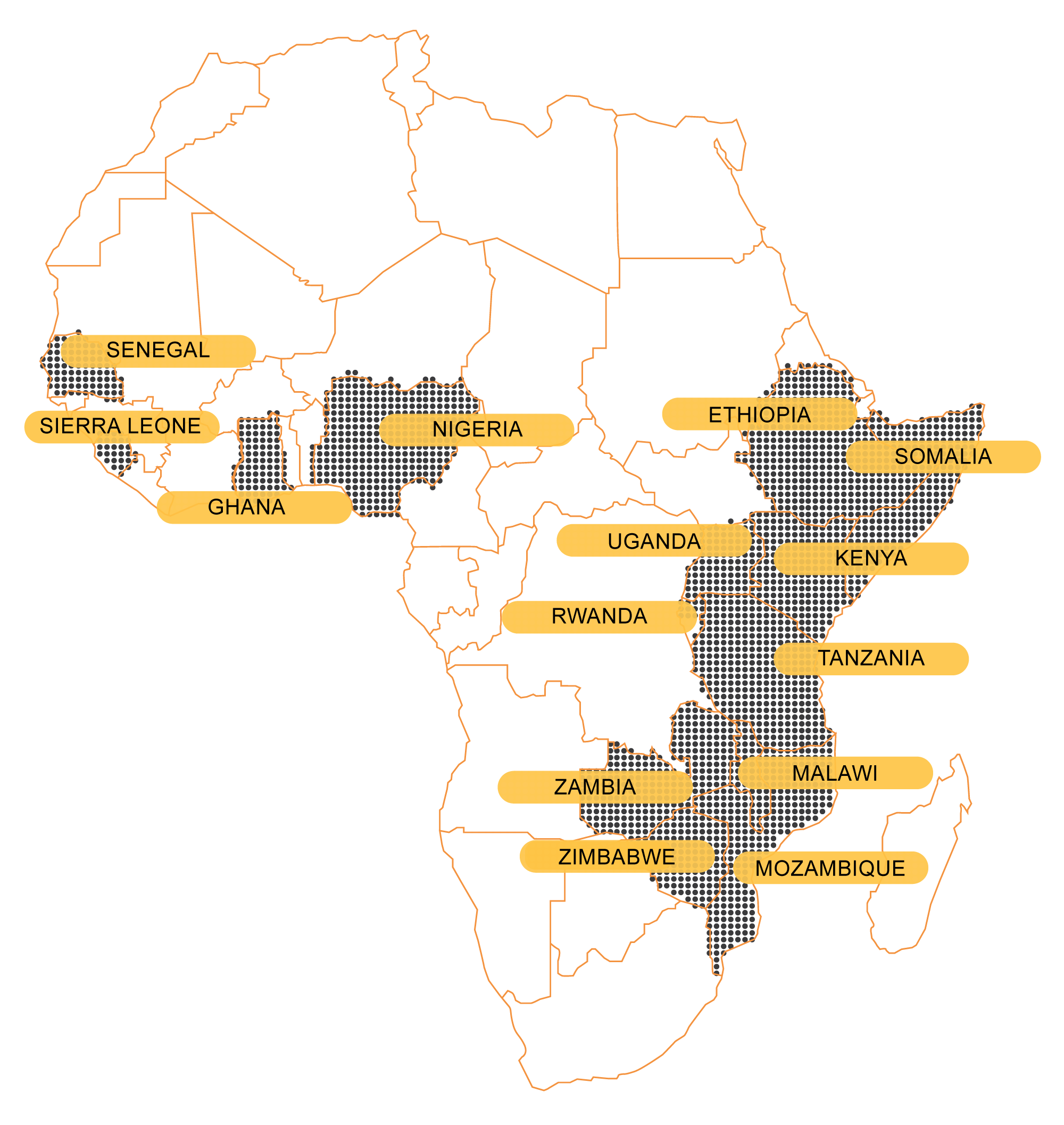Working in fourteen (14) countries across Africa, ACE TAF has identified six (6) recurring themes across the energy sector. These are:
Providing evidence and assisting government Ministries and authorities to develop responsible policies and regulations, that support a market based approach to scale access to stand-alone solar solutions. The policies and regulations will support de-risking investments to the off-grid solar market, ensure inclusion of off grid solar as part of the electrification plan and ease of doing business for the off-grid solar companies by addressing challenges of e-waste and data protection regulations.
Clarity on tax policy, impact of banking regulations, streamlining customs processes, requirements for inspection in various markets, evaluating distribution models and other barriers that are prohibitive in providing affordable off-grid stand-alone solar solutions.
Engaging with multiple stakeholders, including donors, financial institutions and the private sector, to share knowledge on potential consumer financing models suitable for the standalone solar market. In addition, undertaking a supply chain cost analysis and identifying the need for innovative business and logistics models to reduce the cost of distribution of stand-alone solar products.
Ensuring consumer access to quality products by pro-actively supporting harmonized quality standards for products and the setting up of laboratories for importation and market surveillance testing.
Support for Industry Associations and Rural Electrification Authorities
Developing national industry associations capacity to advocate for its members by utilising a standard methodology. Improving the capacity or developing coordination mechanisms to support Rural Electrification Authorities or other government agencies to manage investment in the off-grid sector to help achieve the country’s energy access goals.
Gathering, synthesizing and providing useful data in the off-grid standalone sector, to governments, investors, private sector and donors to make informed decisions targeted at vulnerable communities.
